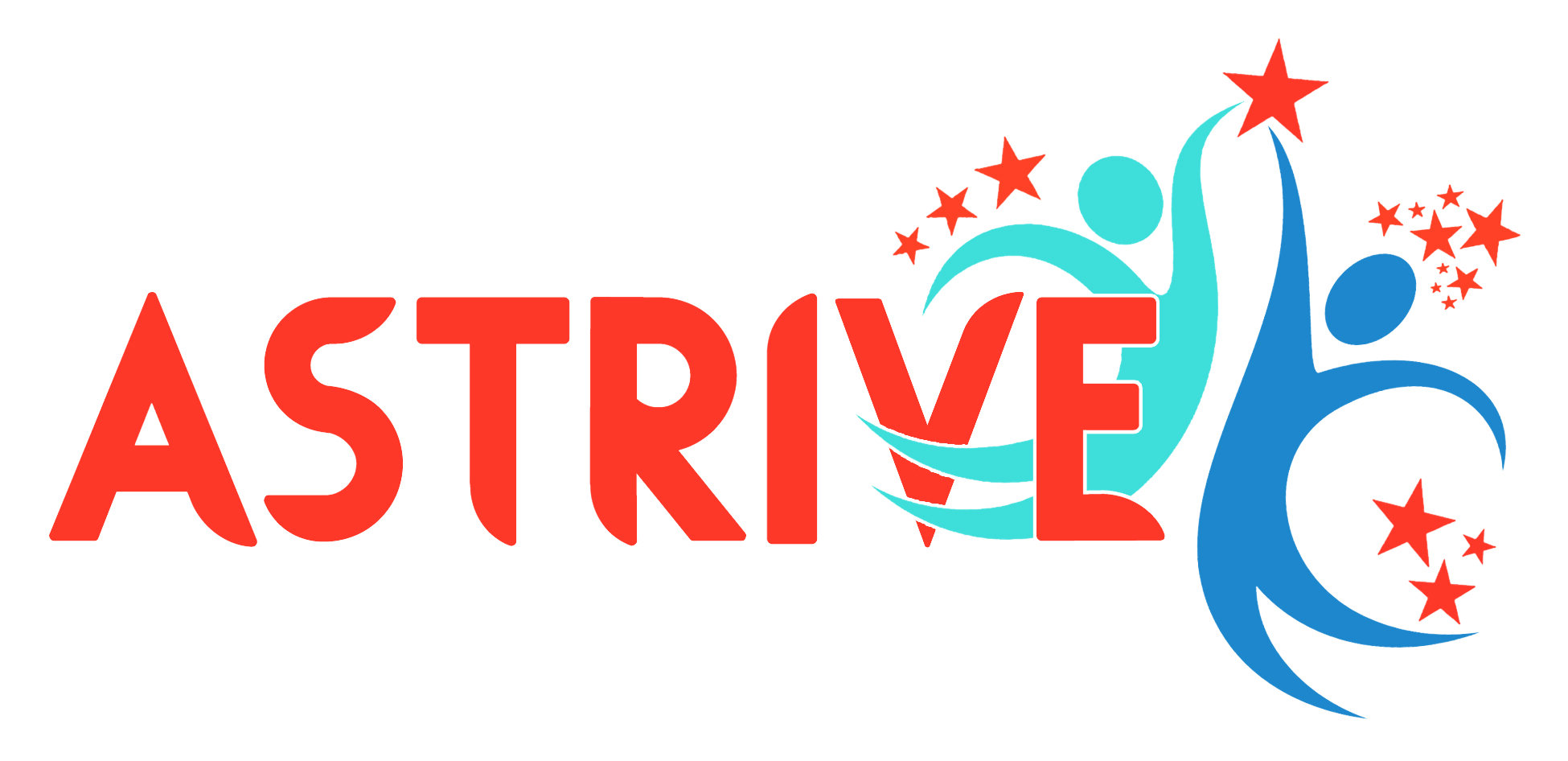TWELVE FACTS FOR DOWN SYNDROME AWARENESS MONTH
October is Down Syndrome Awareness month; its purpose is to raise public awareness of this common disorder and advocate for acceptance and inclusion of people with Down syndrome.
In honor of the month, here are 12 facts about Down syndrome you may not know:
Down syndrome is named for Dr. John Langdon Down, who wrote the most prominent paper describing the disorder in the 1860s. The name Down syndrome was not standardized until 1975.
Down syndrome is far and away the most common condition involving chromosomes, occurring approximately in one out of every 691 births.
More than 400,000 people are living with Down syndrome in the United States.
The most common type of Down syndrome is trisomy 21, which means an extra copy of the 21st It is not hereditary. The other two types are translocation and mosaicism, which account for around 5% of cases.
While incidences of Down syndrome correlate with the mother’s age, around 80% of Down syndrome babies are born to mothers under the age of 35.
Nothing a parent does or does not do is known to cause Down syndrome during pregnancy – it occurs randomly.
Down syndrome occurs regularly in both sexes and across socioeconomic classes.
With the great strides made in understanding this disorder, individuals with Down syndrome are living long, happy lives. The life expectancy for these individuals has increased from 25 years in 1980 to over 60 years today.
Down syndrome leaves people with an increased risk of some medical conditions. These conditions include congenital heart defects, respiratory issues, hearing problems, Alzheimer’s disease, leukemia, and thyroid disorders. Parents and caretakers need to take extra care in screening for medical issues.
Students with Down syndrome are now included in many classrooms across the country. In the past, special needs classes were the only option for learners with Down syndrome, but today most experts recommend full or partial inclusion in many standard classes.
While individuals with Down syndrome experience cognitive delays, they are often mild to moderate. Most people with Down syndrome lead fulfilling and productive lives.
Down syndrome is still a little-understood disorder. While researchers are aware of what this condition is, we know little about what causes it or how symptoms develop. There is hope that future research can lead mitigation of some symptoms.
Source: pediatricsoffranklin.com - twelve-facts-for-down-syndrome-awareness-month
